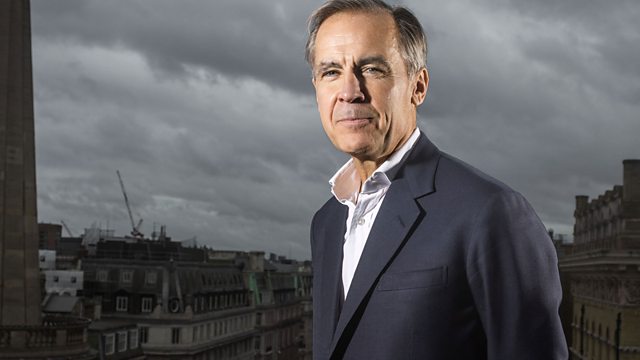I listened this morning to the first of Mark Carney’s Reith Lectures, portentously titled “How we get what we value: from moral to market sentiments”. The promise on the BBC’s web site was that
In this lecture, recorded with a virtual audience, he reflects that whenever he could step back from what felt like daily crisis management, the same deeper issues loomed. What is value? How does the way we assess value both shape our values and constrain our choices? How do the valuations of markets affect the values of our society?
Dr Carney argues that society has come to embody Oscar Wilde’s aphorism: “Knowing the price of everything but the value of nothing.”
It added up to a stimulating hour both from the former Governor General of the Bank of England and from an eminent audience delivering a barrage of pertinent questions but it didn’t really deliver. In many respects, although well referenced and I will come back for later episodes, it was disappointingly superficial and lightweight. However, I’ll wait until I have heard the full series of lectures and have transcripts before making a more considered commentary.
In the meantime, it is sufficient to observe that I was particularly frustrated by a looseness of language and a tendency to equate price with value and speak as if value and values are absolute. Markets generate prices but do not tell you much about the value that an individual places on anything – whether a loaf of bread, a ticket for the opera, their freedom or the impact of climate change on future generations. I place a different value on any of these to somebody else, and I may place a different value on any particular item at different times, even from hour to hour. Prices are the outcome of the differing judgements about the value of whatever is in question at the particular time – the downward slope of the demand curve reflects willingness of different people to make purchase at different prices, reflecting the value to each of them. (By extension, although Carney and his audience were only addressing financially denominated markets at the time, this applies also to marketplaces that, as I have described elsewhere, where the currency is political expression or force)
One particular exchange illustrated the shortcomings of the broader debate and demonstrated that thinking about value and that it means remains work in progress. We have known for years that national income statistics are fundamentally flawed in terms of failing to capture what is more widely considered as “value”. But Carney, notwithstanding his overall thesis that value is an elusive concept, appeared to fall into the “price =value” trap in a discussion of home-schooling, something whose value is not recognised in national income or GDP calculations. He talked as though this can be treated as lost and unmeasurable. However, there are at least two ways of quantifying the value placed on it even if it is not part of an market transaction with a formal price. One is the cost of alternative provision, reflecting either the cost per student of the child’s education in the state-funded schools or the price that a parent would pay for education in a private school. The other is the opportunity cost of the parent’s time if they were in salaried employment.
There are three more lectures in the series (to be broadcast on 9th, 16th and 23rd December). I am sure that I will find them provocative, but I hope for more positive reasons than this opening salvo.
